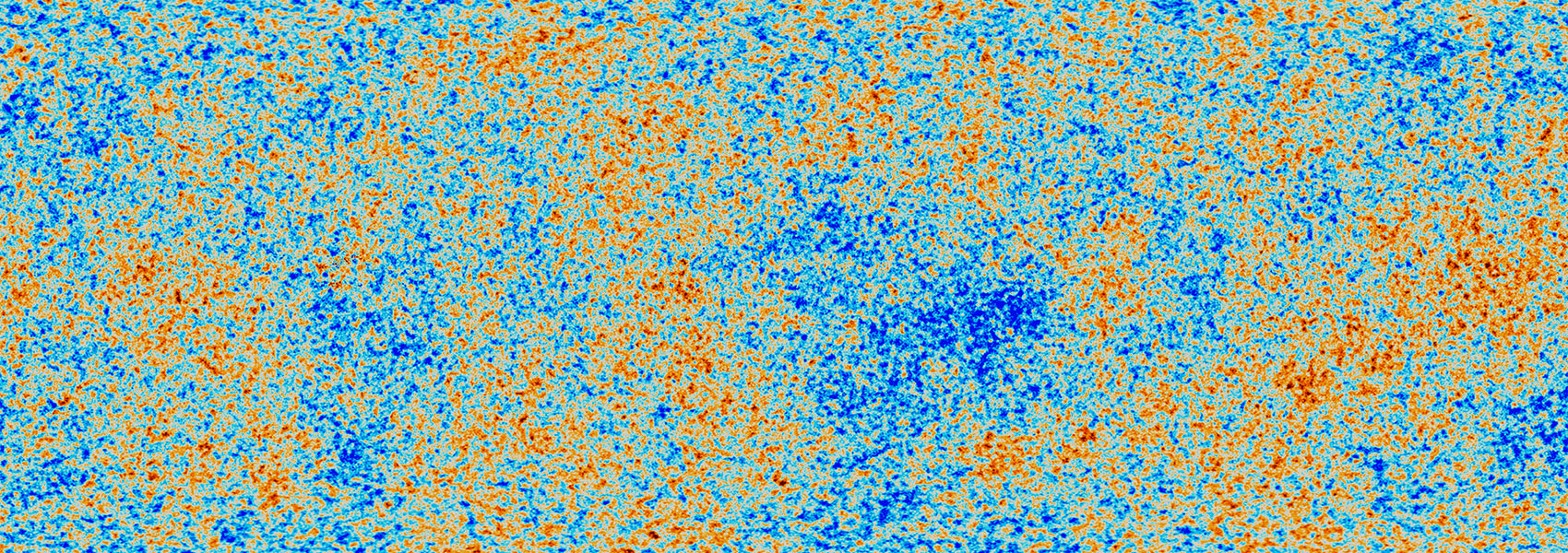May
2019
•
2019MNRAS.485..211M
Authors
•
Martens, Daniel
•
Fang, Xiao
•
Troxel, M. A.
•
DeRose, Joe
•
Hirata, Christopher M.
•
Wechsler, Risa H.
•
Wang, Yun
Abstract
•
The Wide Field Infrared Survey Telescope (WFIRST) will conduct a galaxy redshift survey using the H α emission line primarily for spectroscopic redshift determination. Due to the modest spectroscopic resolution of the grism, the H α and the neighbouring [N II] lines are blended, leading to a redshift bias that depends on the [N II]/H α ratio, which is correlated with a galaxy's metallicity, hence mass and ultimately environment. We investigate how this bias propagates into the galaxy clustering and cosmological parameters obtained from the WFIRST. Using simulation, we explore the effect of line blending on redshift-space distortion and baryon acoustic oscillation (BAO) measurements. We measure the BAO parameters α∥, α⊥, the logarithmic growth factor fv, and calculate their errors based on the correlations between the line ratio and large-scale structure. We find Δ α _{allel } = 0.31 ± 0.23 {{ per cent}} (0.26± 0.17{{ per cent}}), Δ α _{\perp } = -0.10± 0.10{{ per cent}} (-0.12 ± 0.11 {{ per cent}}), and Δ fv = 0.17± 0.33{{ per cent}} (-0.20 ± 0.30{{ per cent}}) for redshift 1.355-1.994 (0.700-1.345), which use approximately 18 {{ per cent}}, 9 {{ per cent}}, and 7 {{ per cent}} of the systematic error budget in a root-sum-square sense. These errors may already be tolerable but further mitigations are discussed. Biases due to the environment-independent redshift error can be mitigated by measuring the redshift error probability distribution function. High-spectral-resolution reobservation of a few thousand galaxies would be required (if by direct approach) to reduce them to below 25 {{ per cent}} of the error budget. Finally, we outline the next steps to improve the modelling of [N II]-induced blending biases and their interaction with other redshift error sources.
Links




